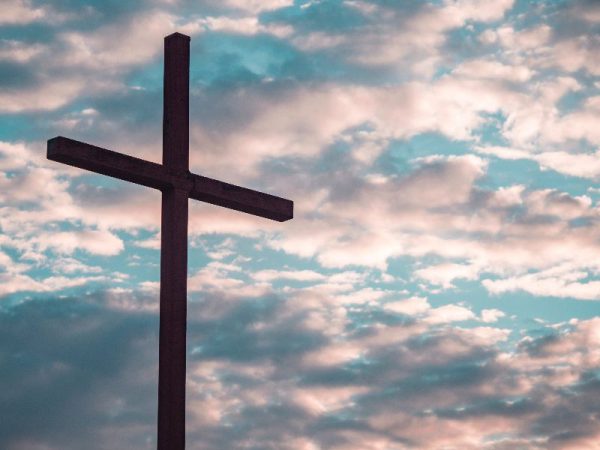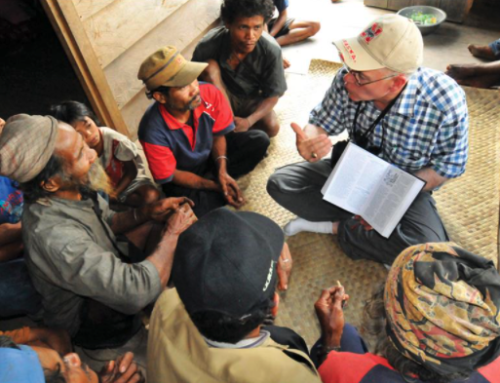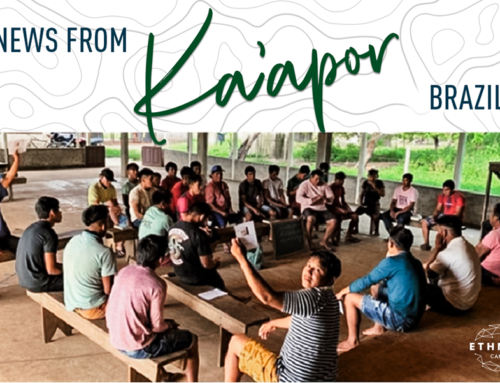Modern-Day Crucifixions
This week’s prayer email was written by Mike Peschka, missionary in the Philippines, along with David Pierce. Mike and his wife, Jessica, will use the national language to learn the heart language of the people they will work with.
Modern-day crucifixions. Yes, you read that right. These people aren’t criminals though. They volunteered.
Every year in the Philippines, just 50 miles from the capital, thousands of people come to see people crucified as part of a play staged every Good Friday.
As the events begin Friday morning until the end of the day, there is much to see. We saw people walking down the sides of the roads carrying crosses. Shirtless men whipped their own backs, covering themselves with blood. By some reports, there are over 10,000 people involved. But the main focus is the crucifixions.
Why do they choose to be crucified?
The crucifixions aren’t intended to kill. The volunteer has a step to stand on, and his arms and body are tied to the cross. But they do nail his hands and feet to the cross. Volunteers are taken down after five or ten minutes.
In 2019, there were at least ten crucifixions. Several had volunteered for crucifixion numerous times over the years; for one, this was his 33rd time.
To some, this looks like pure religious devotion. To others, it seems crazy.
So why do they do this?
Christianity + Anything Else Is Not Christianity
They do it to keep their family healthy, to ward off sickness and even to take away their sins.
Those are the answers you’ll get if you ask.
But deep down, this is syncretism.
Syncretism is “the combination of different forms of belief or practice” (Merriam-Webster). Missionaries invest extensive time studying the culture and heart language of a people so that their Bible teaching will be clear, and to avoid syncretism.
These people have taken some teachings of Christianity and combined them with their own animistic beliefs, resulting in something that has elements of Christianity, but most assuredly is not.
Syncretism can be as extreme as these crucifixions or as subtle as people closing their eyes in prayer thinking that there is something magical in the form itself.
Will you pray for missionaries studying culture and language? This is a critical time which lays the foundation for their entire ministry, helping them to avoid syncretism when they begin teaching.






